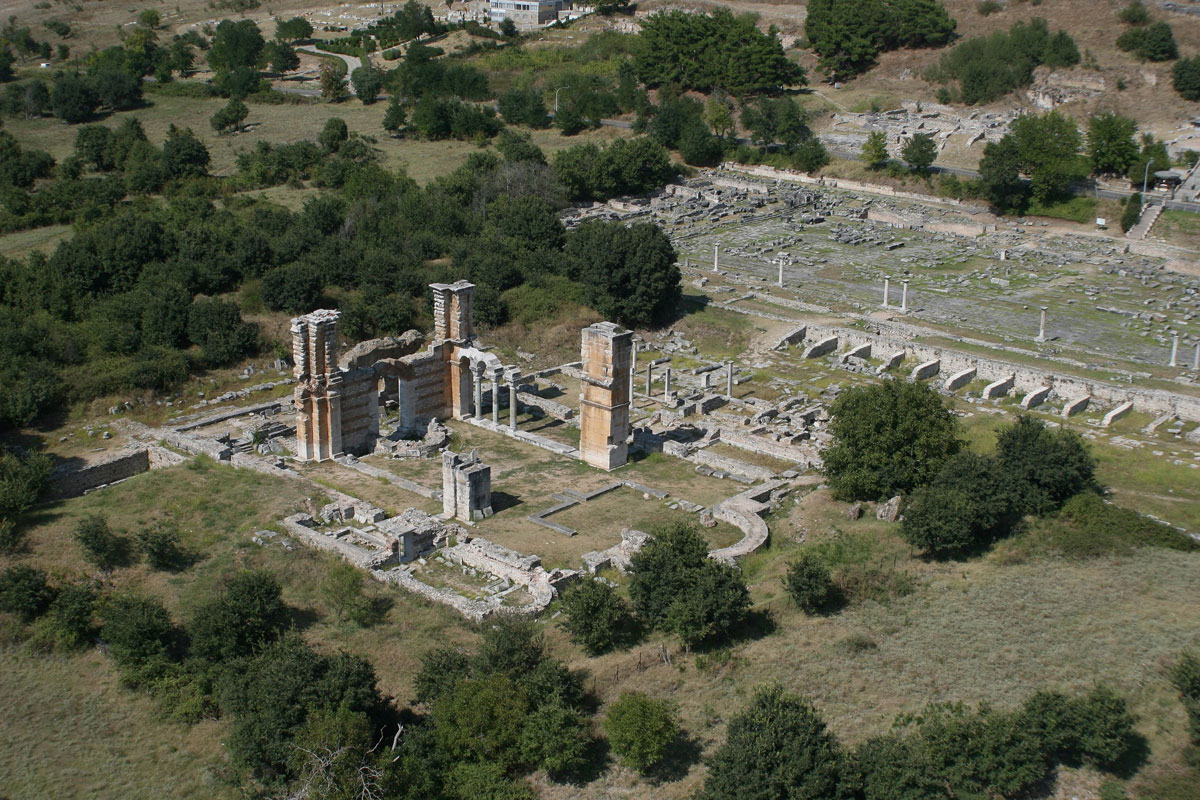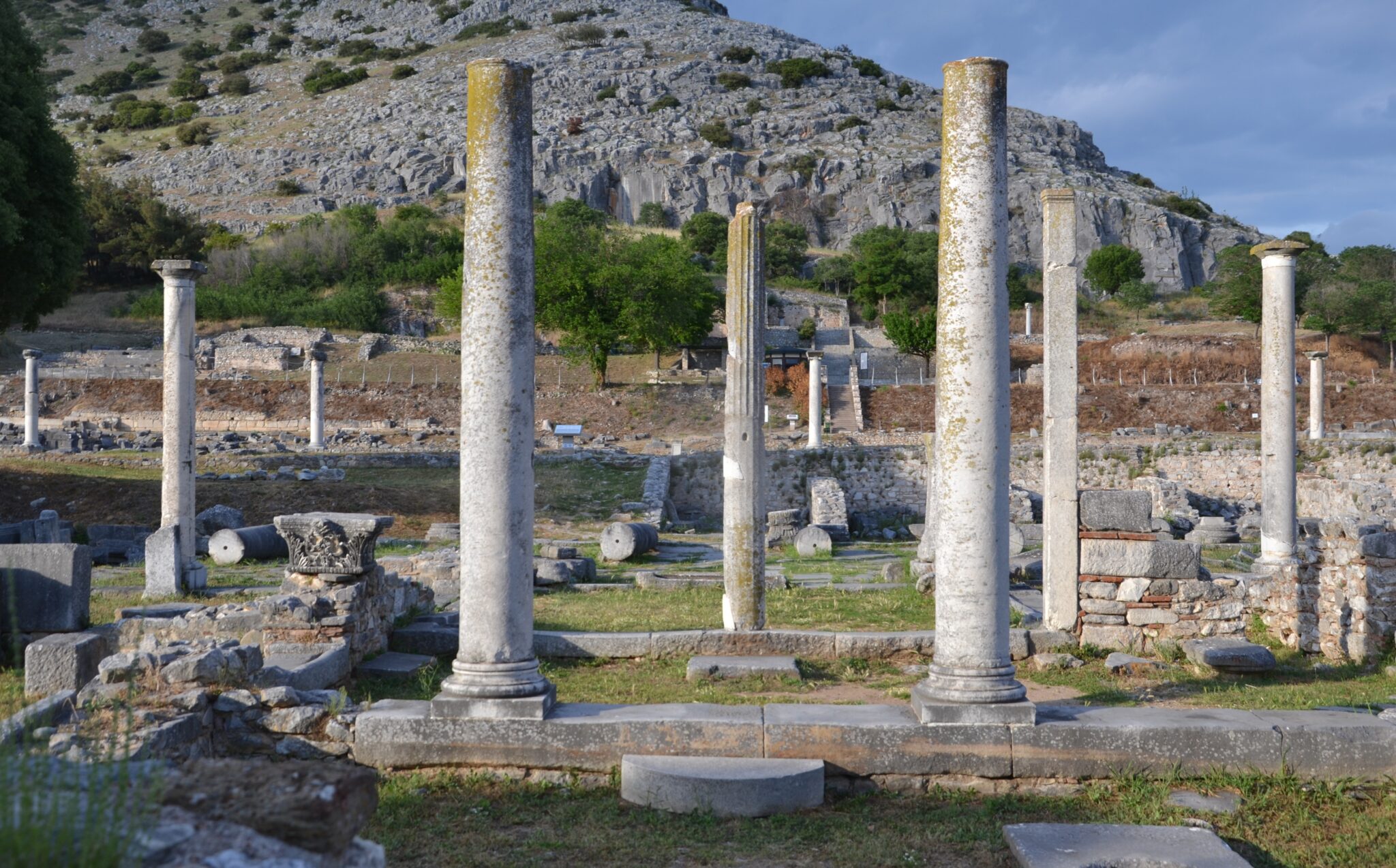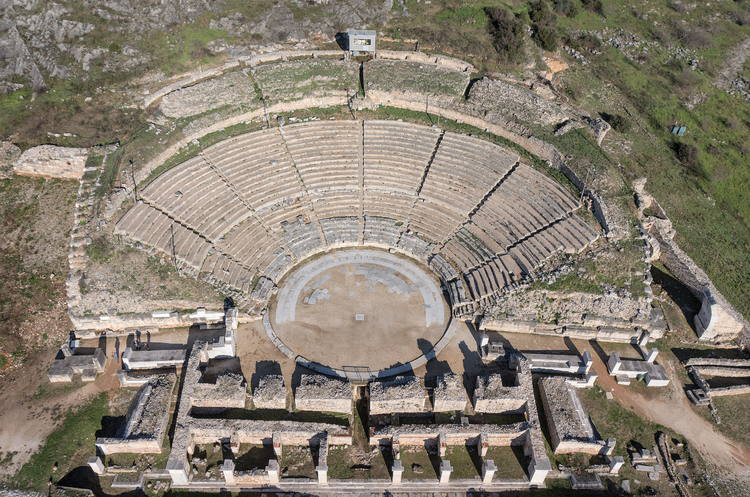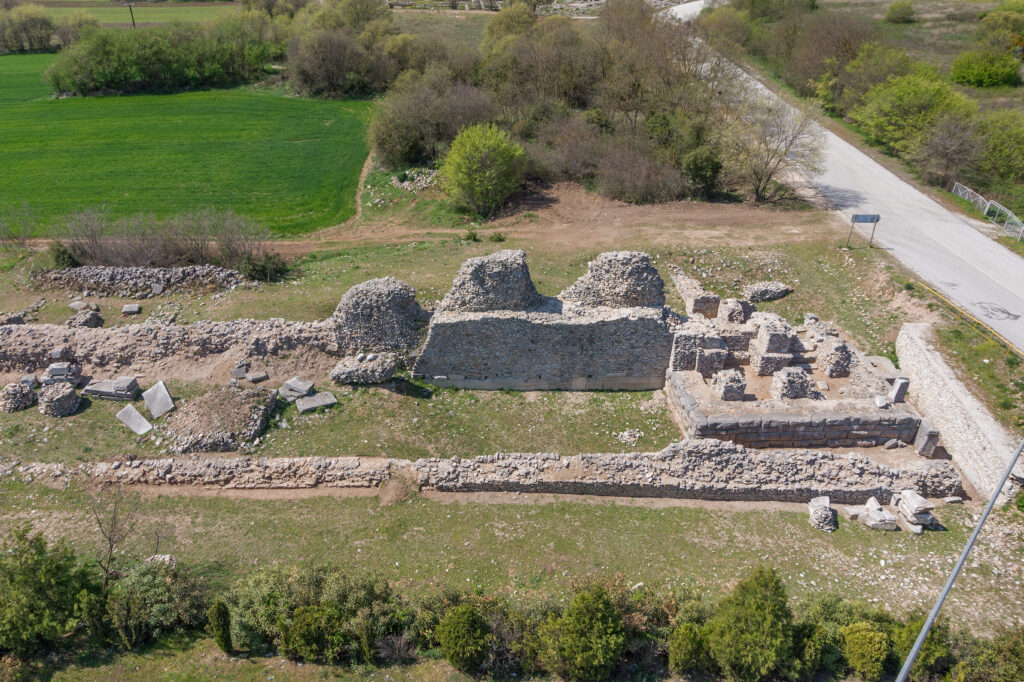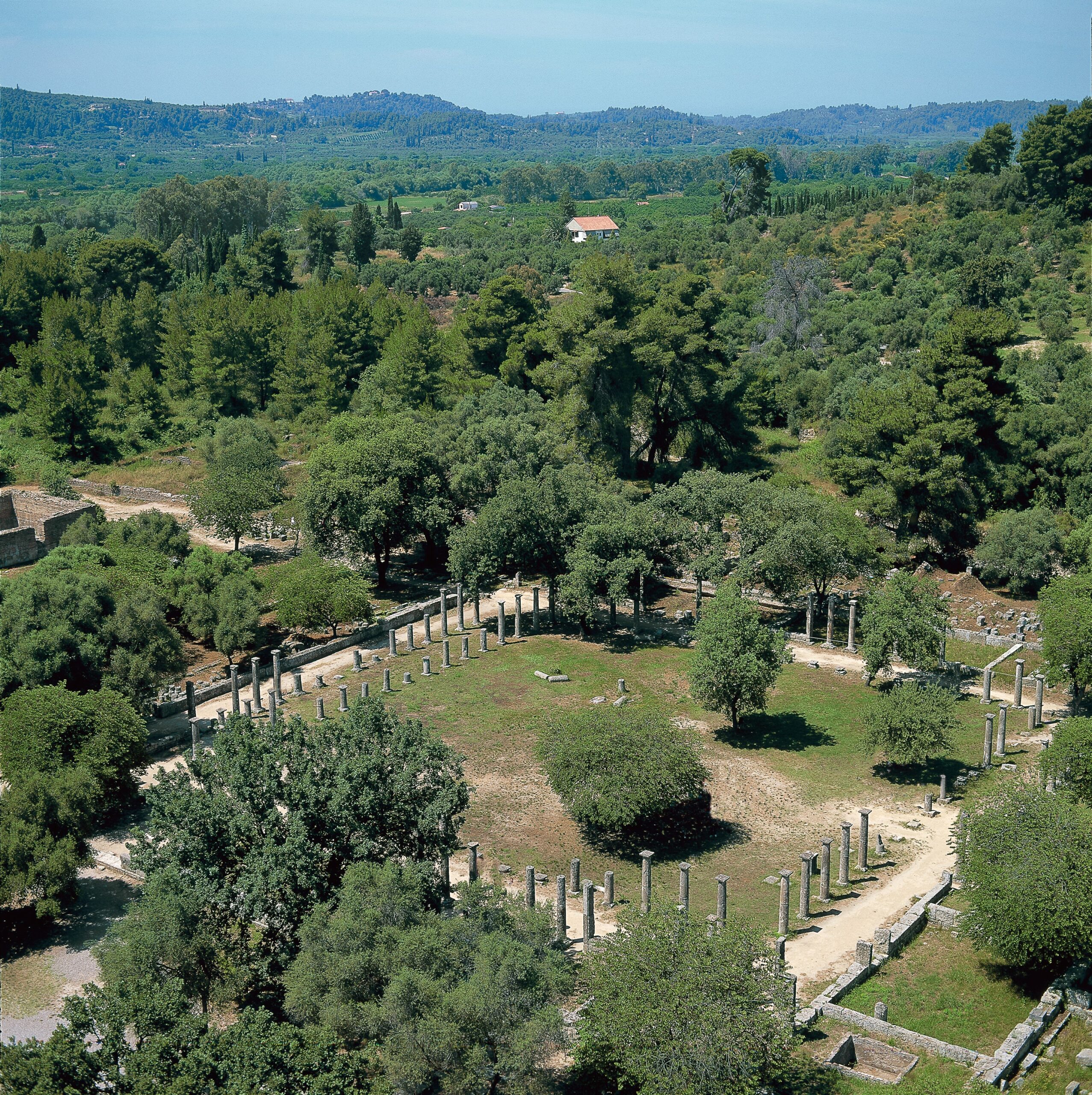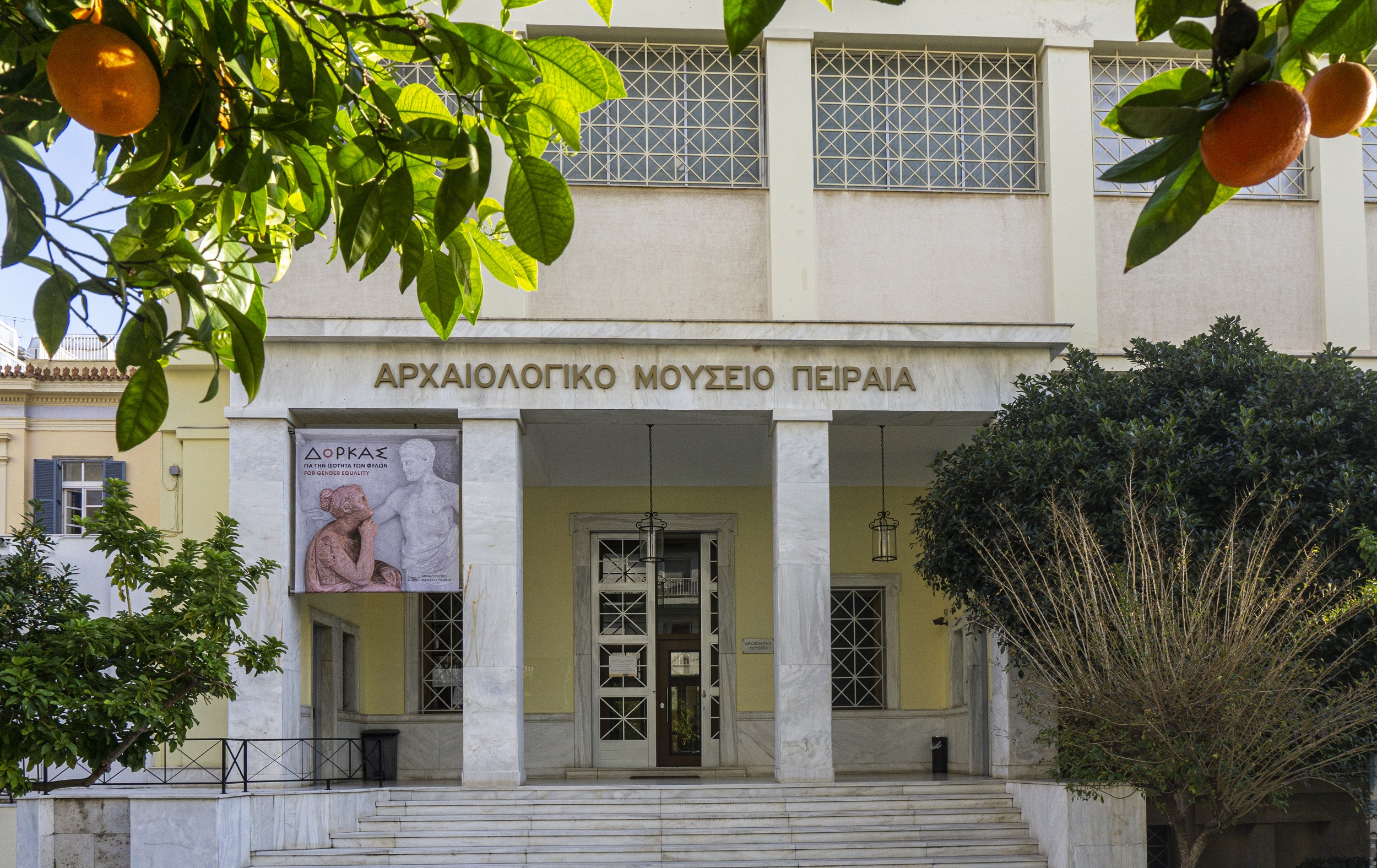Designated a UNESCO World Heritage Site in 2016, the archaeological site of Philippi stands out for its enduring grandeur.
It is a place like no other, where visitors can wander among magnificent monuments from the Classical, Roman and Byzantine eras.
The first to exploit the area’s natural wealth systematically were settlers from the island of Thasos, who founded the city of Krenides around 360 BC. Seeking protection from Thracian incursions, they made the fateful mistake of appealing to the Macedonian king Philip II, who, recognizing the city’s strategic and economic importance, seized it for himself.
Philippi flourished during the Hellenistic period and, after the Battle of Philippi in 42 BC, was transformed into a Roman colony. The spread of Christianity left its indelible mark as well, for it was here that the Apostle Paul established the first Christian church on European soil in 49/50 AD.
Today, Philippi is the most important archaeological site in Eastern Macedonia, proudly displaying a rare blend of cultures and historical eras. Its walls and acropolis, the Roman forum, and the Early Christian basilicas still stand as witnesses to its past. Yet, the most striking emblem of the city’s transformations through time is its ancient theater: originally built under Philip II, it was later converted into a Roman arena for gladiatorial games, and eventually repurposed into workshops during the Early Byzantine period.
Access
Krinides
64003, Philippi
20 minutes from Krinides
KTEL Kavala–Drama line, alight at “Krinides – Ancient Theatre” stop
KTEL Drama–Kavala line, alight at “Lydia” stop
5 minutes from Krinides
25 minutes from Kavala
25 minutes from Drama
Opening hours
April 1 – October 31
Daily: 08:00 – 20:00
November 1 – March 31
Daily: 08:00 – 15:30
The site remains closed on the following dates and public holidays: January 1, March 25, May 1, Easter Sunday, December 25 & 26.
Tickets
Full: €10.00
Reduced: €5.00
Amenities
Contact
Archaeological Museum of Philippi
T: +30 2510 516251
Ticket Office
T: +30 2510 516470
Ephorate of Antiquities of Kavala
T: +30 2510 228689
E: efakav@culture.gr

